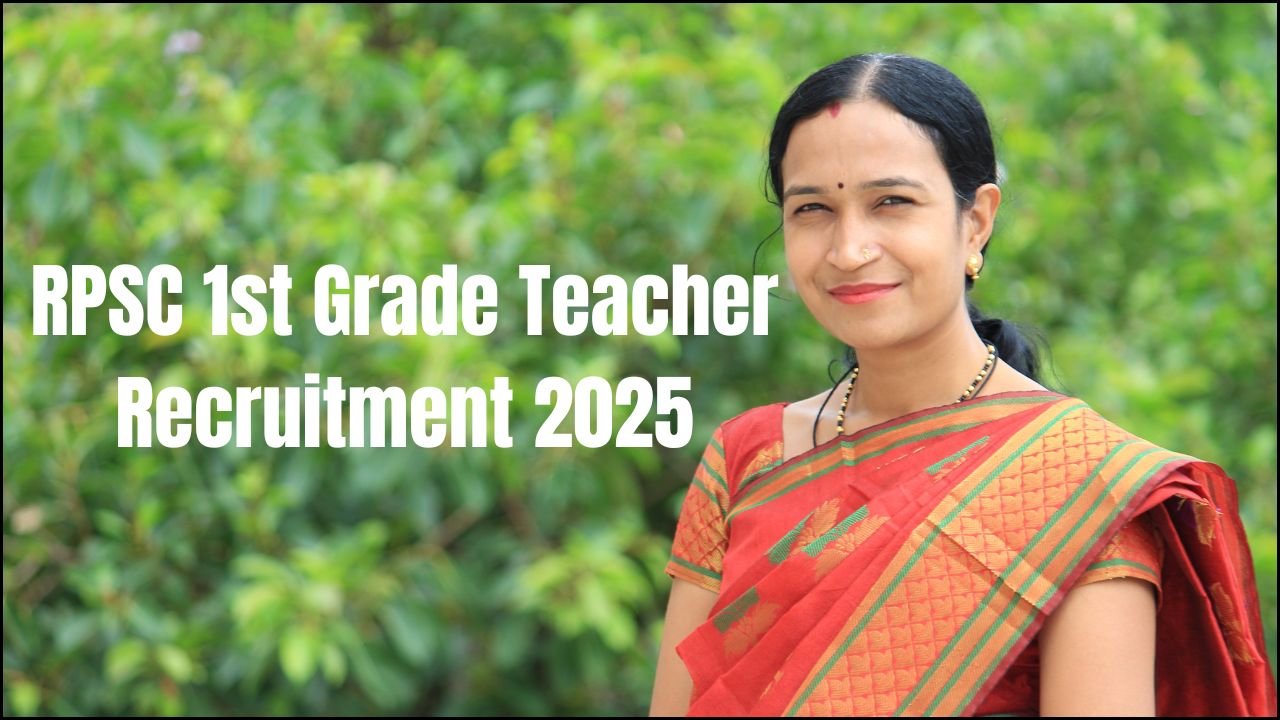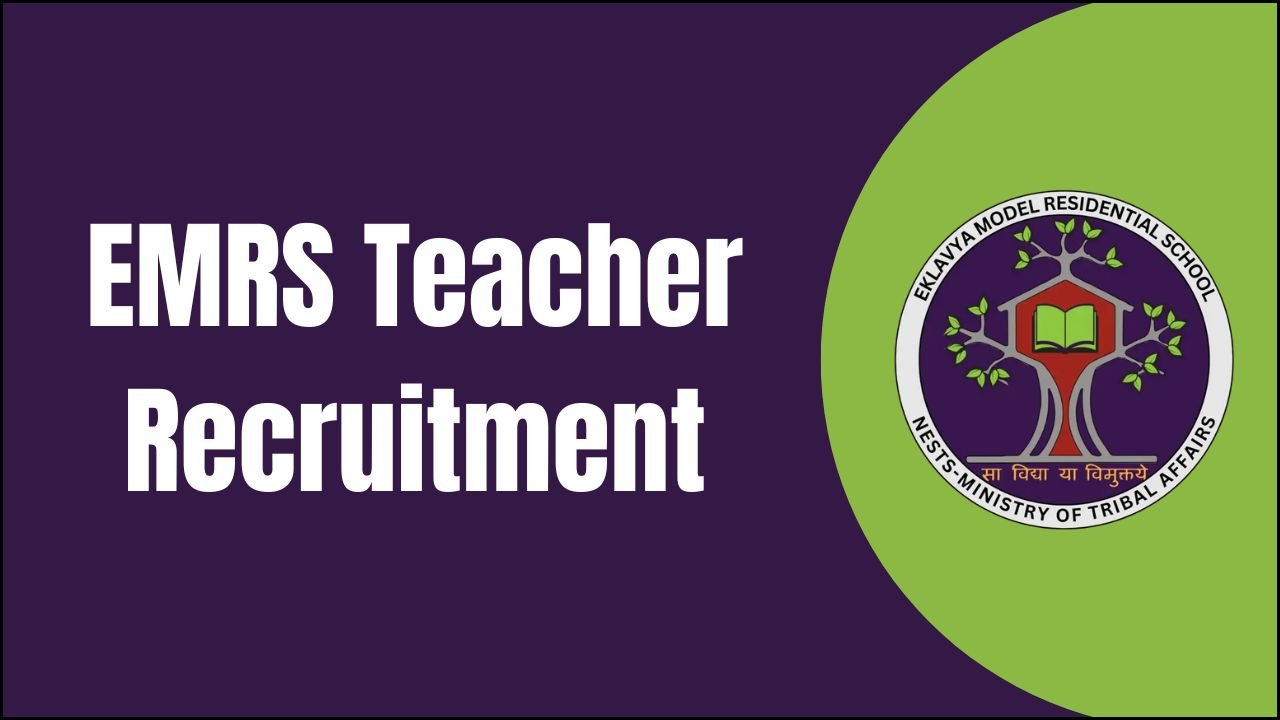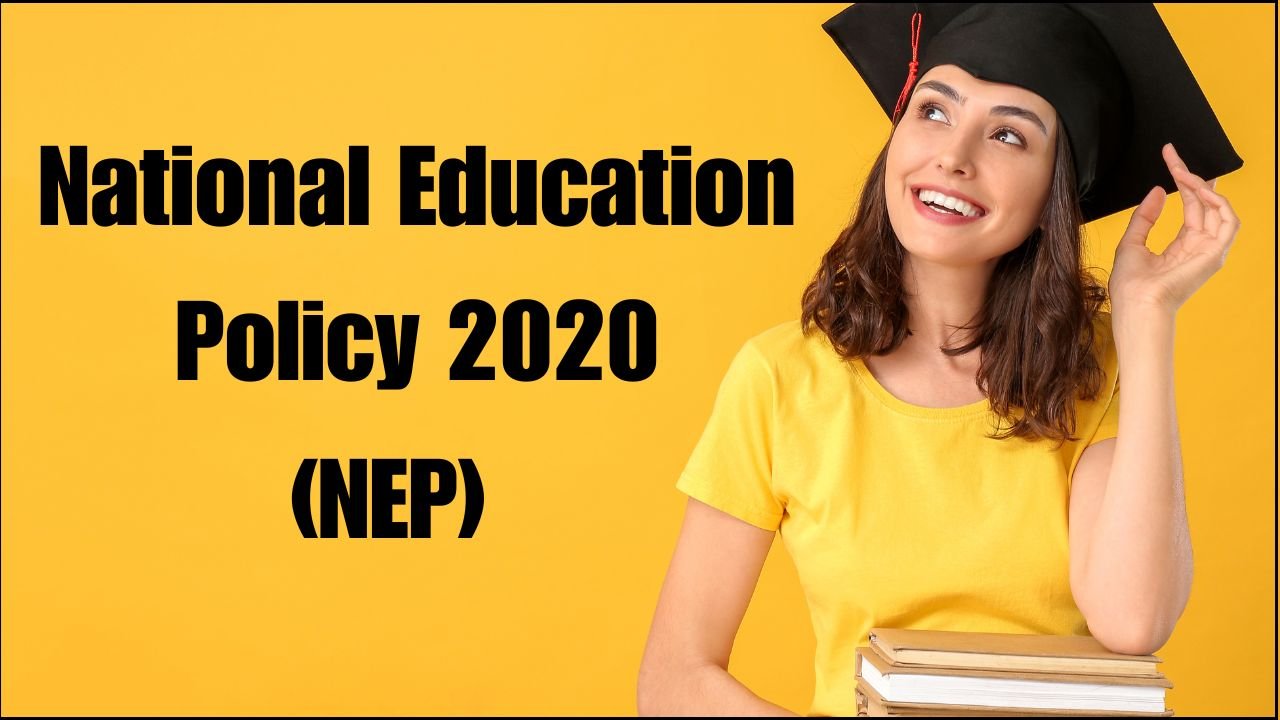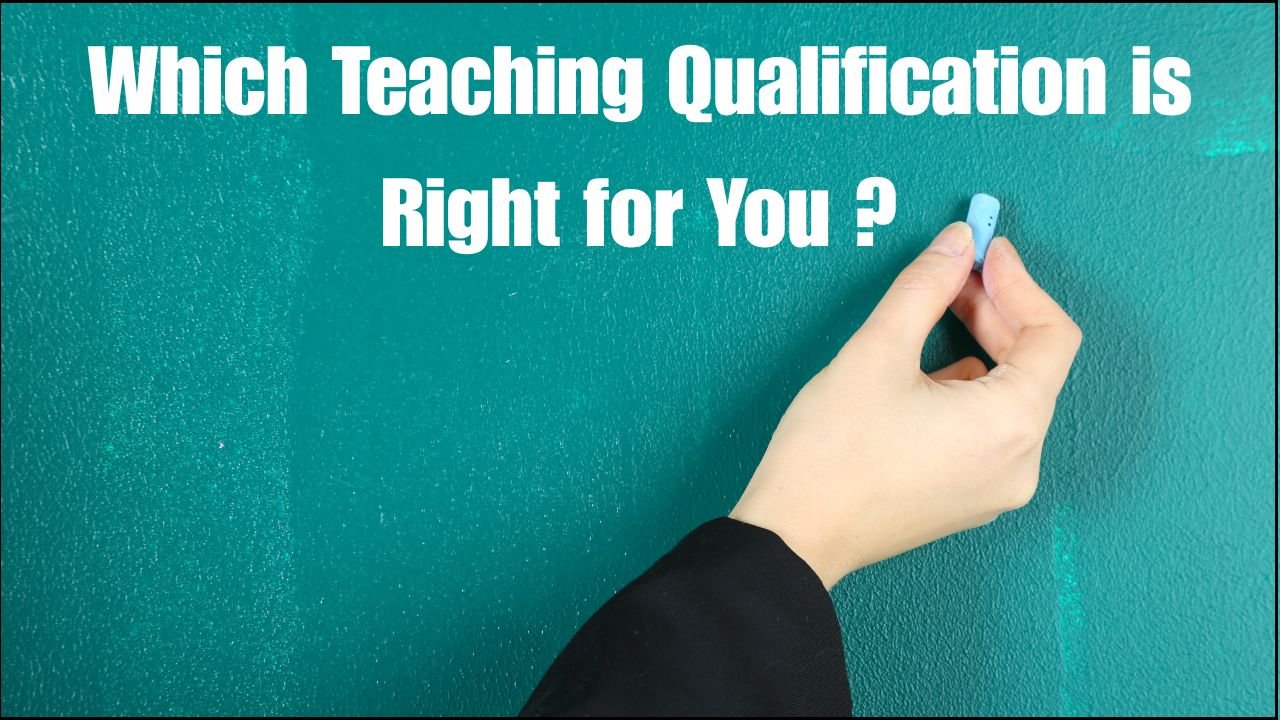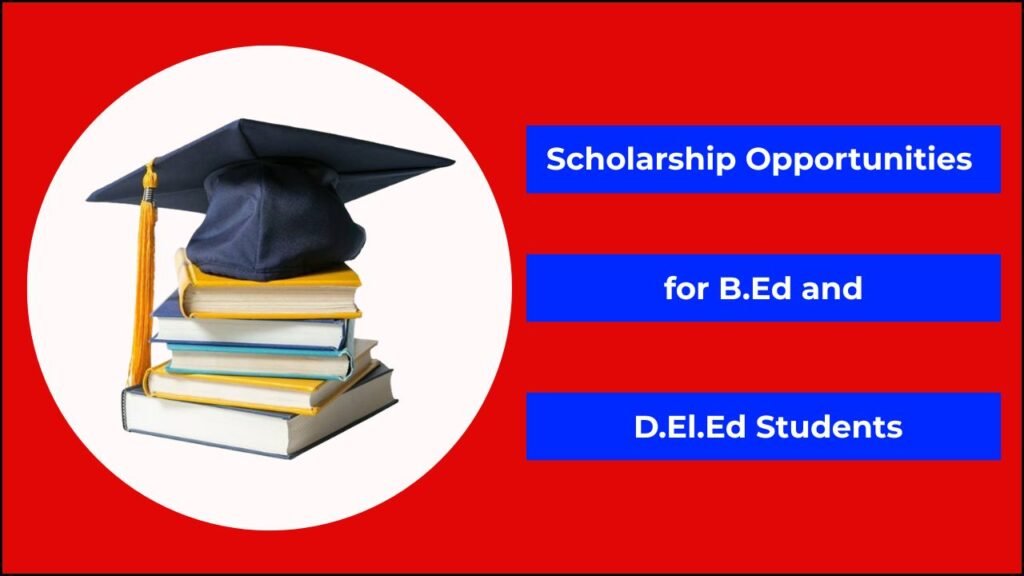
Scholarships help many students complete their education without worrying about money. B.Ed (Bachelor of Education) and D.El.Ed (Diploma in Elementary Education) is are professional course for future teachers. Many government bodies, private organizations, and NGOs offer financial support to encourage more trained teachers. This support reduces the burden of tuition fees, hostel charges, and other expenses for eligible students.
Table of Contents
Central Government Scholarships
Central government schemes are open to all students across India. These are either merit-based or need-based.
- National Means-cum-Merit Scholarship (NMMS)
- Helps economically weaker students from Class VIII onwards
- Can support students pursuing D.El.Ed courses later
- Offered by the Ministry of Education
- Central Sector Scheme of Scholarships for College and University Students
- Available for students scoring above 80% in Class XII
- Can be used for B.Ed courses
- Amount ranges from ₹10,000 to ₹20,000 per year
- Post Matric Scholarship for SC/ST Students
- Offered by the Ministry of Social Justice and Empowerment
- Covers tuition, books, and living costs
- Available for both B.Ed and D.El.Ed courses
- NSP (National Scholarship Portal)
- Single platform for all central scholarships
- Includes scholarships for minorities, OBCs, and disabled students
- Application done online through the official NSP portal
State Government Scholarships
Each state in India offers its scholarships to support teacher education. The eligibility rules and benefits differ.
- Haryana Post Matric Scholarship
- Meant for SC/OBC students in B.Ed/D.El.Ed courses
- Provides full tuition fee reimbursement
- Annual family income should be below ₹2.5 lakh
- West Bengal Swami Vivekananda Merit-cum-Means Scholarship
- Supports B.Ed students with high academic scores
- Annual aid between ₹8,000 to ₹12,000
- Available for students from economically backward families
- Karnataka Vidyasiri Scholarship
- Offered to students from rural or backward areas
- Covers hostel and food charges for D.El.Ed/B.Ed students
- Uttar Pradesh Post Matric Scholarship
- Supports SC/ST/OBC and minority students
- Must be studying in recognized institutions
- The income limit and marks criteria must be fulfilled
Scholarship by Private Institutions and NGOs
Some non-governmental organizations and private bodies also help teacher training students.
- Fair and Lovely Foundation Scholarship
- Open to female students, including B.Ed aspirants
- Selection based on academic records and a personal interview
- Grant of up to ₹25,000
- Sahu Jain Trust Scholarship
- Supports higher education, including B.Ed
- Available to meritorious students from low-income families
- Azim Premji Foundation Fellowship
- Offers fellowship to students passionate about teaching
- Also provides financial support for education and research
- Ratan Tata Scholarship
- Available through application to Tata Trusts
- Aims to support promising B.Ed students with financial need
Eligibility Criteria for Most Scholarships
Scholarships come with eligibility conditions. Students must check the exact requirements before applying.
| Criteria | Details |
|---|---|
| Academic Qualification | Must have passed the previous exam with the required marks |
| Family Income | Usually must be below ₹2.5 lakh to ₹6 lakh per annum |
| Course Enrolled | Must be admitted to a recognized B.Ed or D.El.Ed course |
| Caste Category | Some scholarships are reserved for SC/ST/OBC/Minorities |
| Institution Type | Government or UGC-approved private colleges are accepted |
Benefits of Scholarships for B.Ed and D.El.Ed
Scholarships offer more than just money. They help students continue their education without interruptions.
- Reduced Financial Pressure
- Helps cover fees, books, hostel, and exam charges
- Higher Motivation to Study
- Encourages students to perform better in academics
- Opportunity to Focus on Training
- Free students from the need to work part-time during study
- Recognition of Talent
- Awards good students from poor backgrounds
Application Process
Students must follow the correct steps to apply for any scholarship.
- Step-by-step Process
- Visit the official portal (NSP or State Portal)
- Register with the correct personal details
- Upload income certificate, caste certificate, and mark sheets
- Submit the institution verification form
- Track status regularly on the portal
| Step | Action |
|---|---|
| 1. Registration | Create an account on the official portal |
| 2. Document Upload | Scan and upload the required documents |
| 3. Institution Verify | Get the form signed/stamped by the college authorities |
| 4. Final Submission | Log in to check approval or rejection updates |
| 5. Status Check | Login to check approval or rejection updates |
Required Documents
Students should keep scanned copies of all required documents.
- Aadhaar card
- Income certificate
- Caste certificate (if applicable)
- Recent photograph
- Previous marksheets
- Admission letter or fee receipt
Tips to Increase Scholarship Chances
Proper planning can increase the chances of getting a scholarship.
- Apply early before the deadline
- Ensure all documents are correct and updated
- Maintain high academic performance
- Follow all instructions on the official portal
- Check email/SMS regularly for updates
Challenges Faced by Students
Some students still miss out on scholarships due to these reasons:
| Reason | Explanation |
|---|---|
| Late Application | Deadlines are often missed due to poor awareness |
| Incomplete Forms | Missing fields or incorrect entries cause rejection |
| Lack of Awareness | Many students do not know these scholarships exist |
| Technical Errors | Server issues or login problems delay submission |
Impact of Scholarships on Teaching Careers
Scholarships support students who want to become teachers in schools. With the help of financial aid:
- More students can join B.Ed or D.El.Ed programs
- Education quality improves as trained teachers enter the field
- Rural and poor areas get more qualified teachers
- Girls and minority students gain equal opportunities
In Summary
Scholarships for B.Ed and D.El.Ed students create a path for future teachers who may struggle with financial challenges. Central and state governments, private foundations, and NGOs play a strong role in offering support. With proper awareness and timely application, deserving students can complete their teacher training and serve society in meaningful ways.


